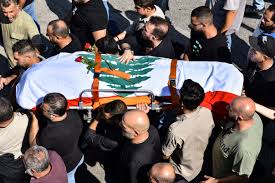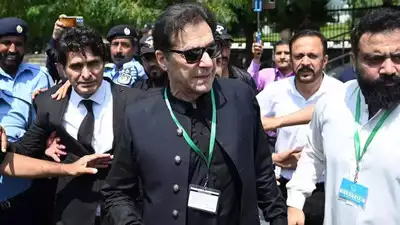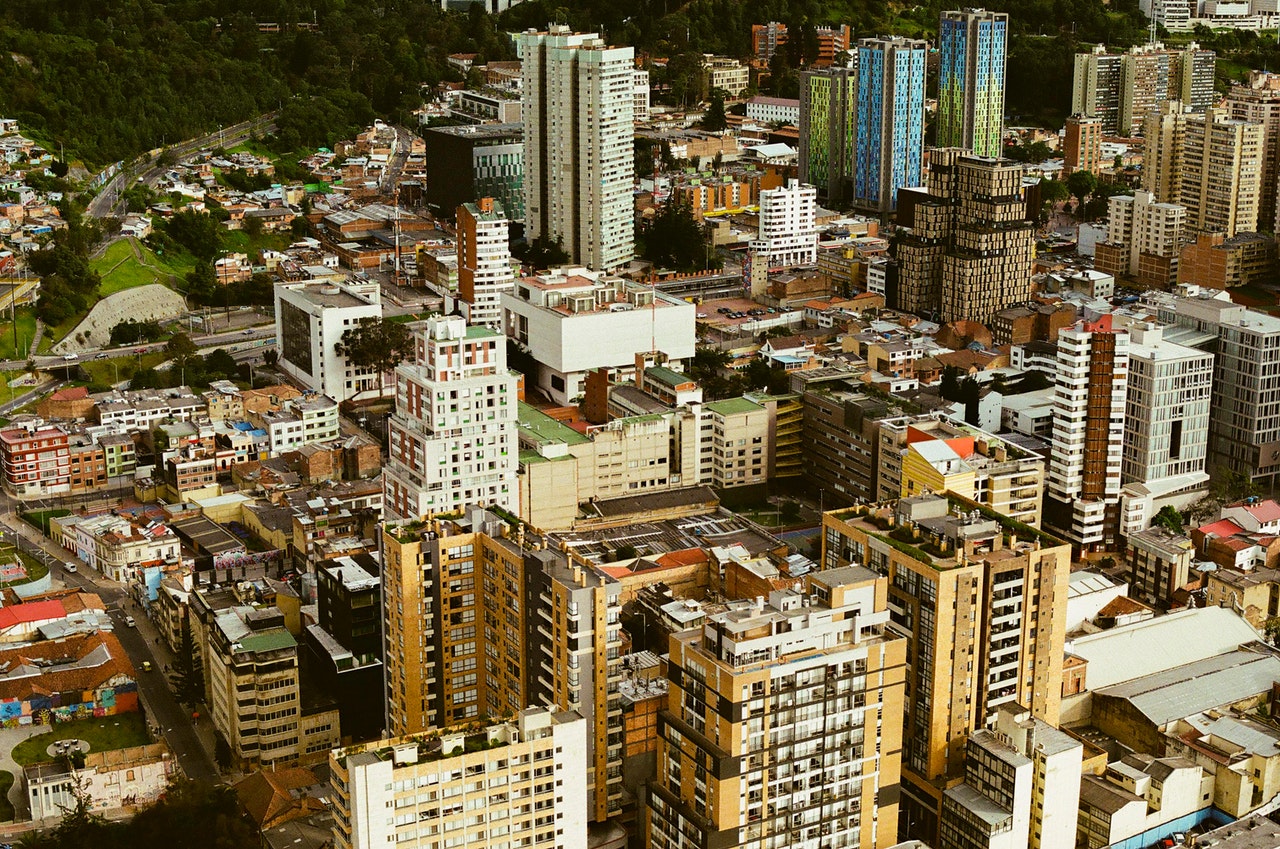Rights groups, including Amnesty International and Human Rights Watch (HRW), are calling for an investigation into Israel amid allegations of a potential war crime in the death of Reuters journalist Issam Abdallah in Lebanon in October.

Abdallah, 37, lost his life in what appears to be two deliberate strikes across the Israel-Lebanon border, with six others sustaining injuries.
The group of seven journalists, which included representatives from Reuters, Al-Jazeera, and AFP, was filming approximately 1km from the Lebanon-Israel border on October 13. Amnesty claims that evidence suggests the journalists, wearing clearly marked “PRESS” body armor and with their Reuters crew car labeled “TV” with yellow tape, were intentionally fired upon by an Israeli tank crew. The location lacked tree cover or buildings to obscure them from nearby Israeli military outposts, and overhead surveillance included drones and an Israeli helicopter.
Despite evidence presented by Amnesty and HRW, Israel denies intentionally targeting the journalists. Israeli government spokesperson Eylon Levy emphasized that they do not target civilians, asserting that all efforts are made to safeguard civilians in conflict zones.
Amnesty’s deputy regional director, Aya Majzoub, declared that their investigation points to a “likely direct attack on civilians” and advocates for the incident to be treated as a war crime. HRW concurs, characterizing the strikes as “apparently deliberate attacks on civilians.” Their investigation indicates that the journalists were well-removed from ongoing hostilities, easily identifiable as media personnel, and stationary for at least 75 minutes before being hit.
AFP’s global news director reported that the agency shared its findings with the Israeli military, but there has been no response. Similarly, when Reuters presented its findings to the Israel Defense Force (IDF), the IDF spokesperson denied targeting journalists.
The incident adds to a grim toll, with 63 journalists killed since the onset of the war, according to the Committee to Protect Journalists. As calls for accountability grow, the international community awaits further developments in the investigation.






